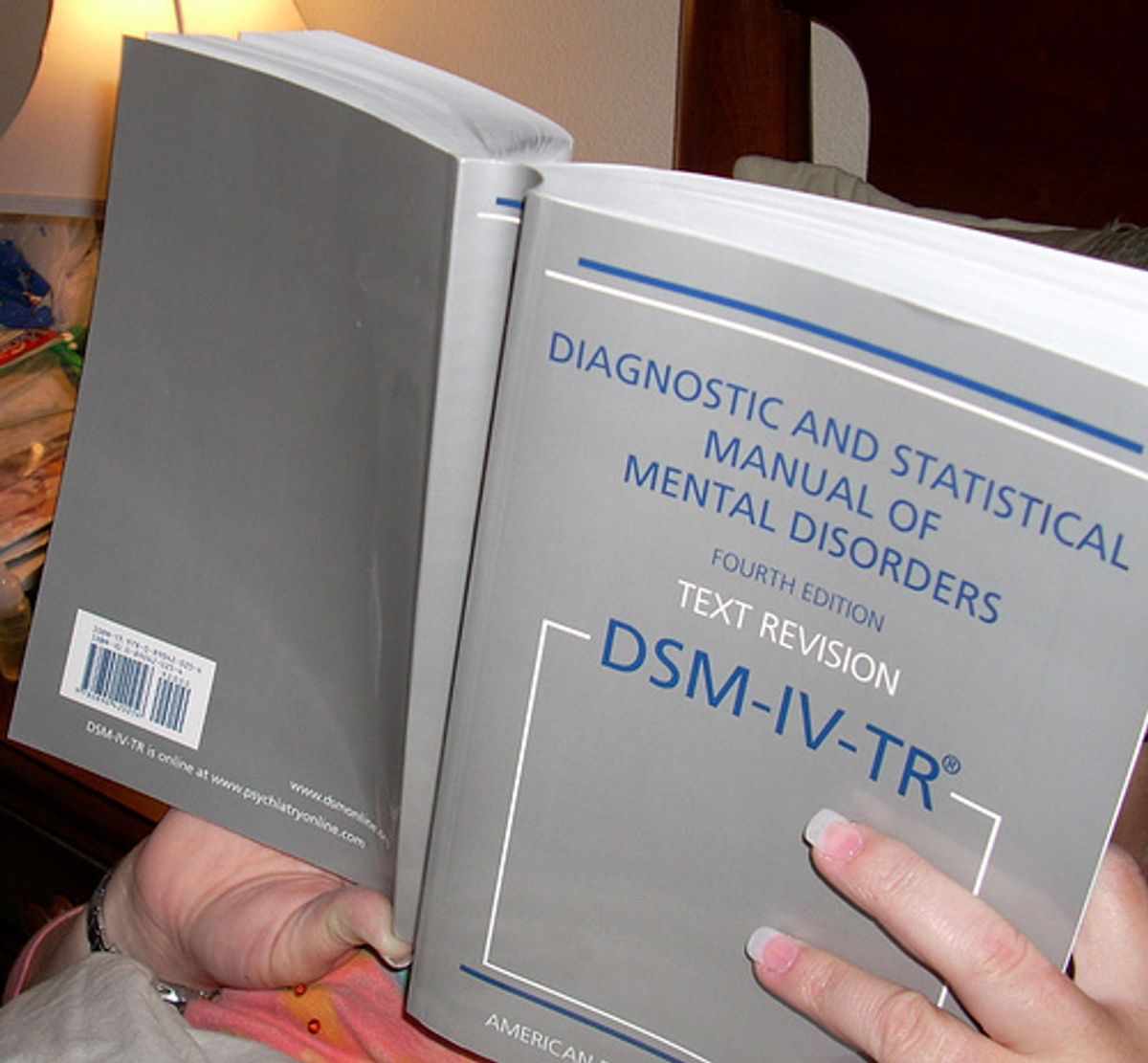I spent my first year as a nurse working on an acute psychiatric ward. The patients there are usually suicidal and/or delusional. They are dangerous to themselves or others, so the ward is cordoned off behind a medical wing of the hospital (where, metaphorically, much of acute mental health is stowed). The door is often locked and only staff members who carry a swipe card can come and go without restriction.
As a new nurse eager to confront difficult scenarios, I thought the intensity would improve my practice. As a writer, I expected to find a trove of material, details from age and occupation, to addictions and scars. The novel, which I was working on before and after shifts, was about a family with special powers, so I was expecting a slew of real-world facts that I might graft onto my characters.
Inevitably, I was sideswiped.
Let’s call him Victor. On admission, Victor believed he had been brought in for a kind of retreat. His side of the story was that he was a famous songwriter and musician, hiding from paparazzi. This made the “involuntary psychiatric admission” a clever ruse. After all, who would think of stalking him on a psych ward?
The first time Victor was allocated to my care, he decided I was part of the undercover detail sent to provide him the VIP treatment he deserved. I was assigned because, secretly, I was Steve Jobs. As a CEO of a Fortune 500 company, with legendary intelligence and wealth, I could empathize with the burdens of his celebrity. Because of this, Victor trusted me.
When I softly engaged with the narrative he was spinning (Tell me which of the Doors songs you wrote), he would open up and, most importantly, accept medication. Since this proved beneficial for his treatment—general behavioral management and getting his antipsychotics back to therapeutic levels—I was advised to indulge him slightly. Victor was the one to determine the precise degree of slightly. Any behavior that seemed too psych nursey (Do you want to hang out in the Activity Room with the others?) or any reality testing I might have tried (If I was Steve Jobs, why would I need this gig?) was quickly detected. He would shut down. As long as I went along with him, conversations were easy. Ordinarily, I bristle when I’m called Steve, but with Victor I learned to answer to it.
Meeting a delusional person three-quarters of the way is a slippery enterprise. You might hurry a relative with dementia into their coat by assuring them, Yes, we’re going to the beach, if that’s what it takes. But in Victor’s case, he expected me to do more than coddle. He wanted me to contribute. Speaking as a writer, I enjoyed it. Our conversations had the frisson of improv that much of life does not: For every feature he described of his jet-set existence, I let him in on what sort of products Apple has in the pipeline. He would watch me to be sure I was sincere, while I watched him in free imaginative play. This took us both far from the routine of meal times and medication rounds.
One day I arrived at the ward and he was in the Activity Room, with the rock star fire gone from his face. Reality had descended. Although this was the desired outcome, “descended” is what it looked like. Once again, he was an unemployed/unemployable man with a diagnosis of schizophrenia and a drug problem. The odds were that he would continue to cycle in and out of the psychiatric industrial complex, bouncing between legal and illegal drugs, as well as symptoms and side effects for the rest of his statistically shortened lifespan.
My spark was gone too, so abruptly, I felt a kind of whiplash. No longer on the ward with a secret mission, I was just one of the chorus line of nurses waiting for him whenever the delusions eased up. Victor greeted me with a monotone, “Hi Steven,” and went back to making mosaics.
That admission left a mark on me, the first of many. Like a book I may have lost myself in a long time ago, the part of me that Victor engaged is still tucked away somewhere, waiting to come out and play. He broadened my definition of reality while weakening my grip on it. Even a few years later, when Steve Jobs died I felt an inappropriate twinge of indignation at the media reaction. The useful but destabilizing lesson is that some of us are patients and some of us are nurses, but we all walk around on our own shaky ground.
As a nurse, the challenge was more than I had hoped for—too much, I decided—and started to look for work in another area.
To a writer though, it was a windfall, but not as I’d hoped. Fodder turned out to be just fodder. Case notes—Victor’s and those of others—provided only details, not heft. The jostling of my psyche was the better material, giving me concrete evidence of a flexible world, a place where delusions of grandeur can take on as much reality as anything else. This was what the novel needed. A family is a lot like a ward, after all -- a group of different personalities and private illusions forced together. I had a context for the tension of trying to keep a special power special while living in the mundane world. Some days you are a rock star and some days you can fly. Some days there is a person there who believes you and some days you wake up in a locked ward. By the time I handed in my swipe card, the family I was writing about had fallen apart. Now my task--the delusional, grandiose task of the writer— was to see what might make them whole again.

Shares